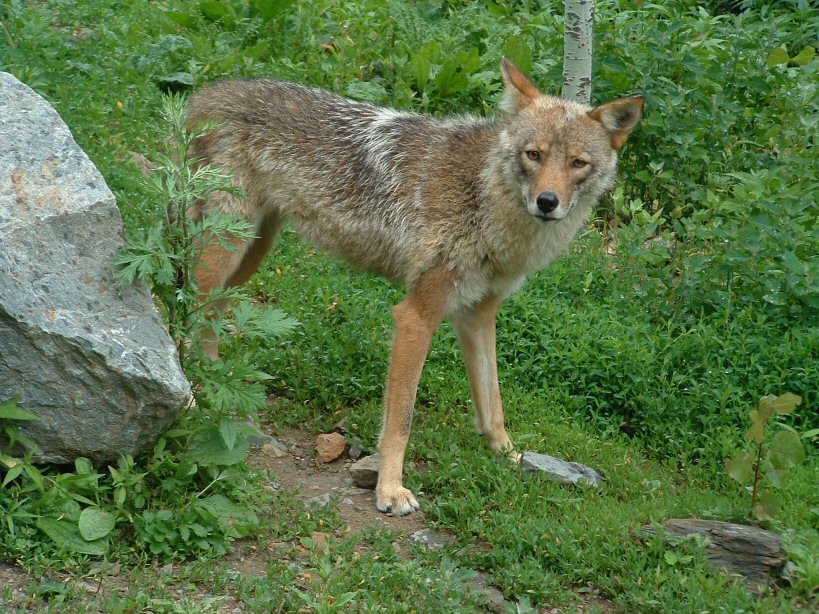What Is a Coywolf?

Get the world’s most fascinating discoveries delivered straight to your inbox.
You are now subscribed
Your newsletter sign-up was successful
Want to add more newsletters?

Delivered Daily
Daily Newsletter
Sign up for the latest discoveries, groundbreaking research and fascinating breakthroughs that impact you and the wider world direct to your inbox.

Once a week
Life's Little Mysteries
Feed your curiosity with an exclusive mystery every week, solved with science and delivered direct to your inbox before it's seen anywhere else.

Once a week
How It Works
Sign up to our free science & technology newsletter for your weekly fix of fascinating articles, quick quizzes, amazing images, and more

Delivered daily
Space.com Newsletter
Breaking space news, the latest updates on rocket launches, skywatching events and more!

Once a month
Watch This Space
Sign up to our monthly entertainment newsletter to keep up with all our coverage of the latest sci-fi and space movies, tv shows, games and books.

Once a week
Night Sky This Week
Discover this week's must-see night sky events, moon phases, and stunning astrophotos. Sign up for our skywatching newsletter and explore the universe with us!
Join the club
Get full access to premium articles, exclusive features and a growing list of member rewards.
The coywolf is a coyote-wolf hybrid found throughout eastern North America, from Canada south to Virginia.
For decades, people incorrectly labeled coywolves as eastern coyotes. However, the large size of the coywolves — the animals are bigger than western coyotes, but smaller than wolves — has confused both scientists and laypeople alike since researchers first described the animals in 1969.
Over the years, scientists have proposed a number of hypotheses to explain the canines' large size. Recent studies have shown that eastern coyotes have both coyote (Canis latrans) and eastern wolf (Canis lycaon) ancestry. In 2010, a study published in the journal Northeastern Naturalist argued that eastern coyotes should more appropriately be termed "coywolves" (Canis latrans x C. lycaon) to reflect their hybrid origin.
Many scientists now recognize the coywolf as one of four wild canine species in North America, the others being gray wolves (C. lupus), eastern wolves (C. lycaon) and western coyotes (C. latrans).
Researchers now believe coywolves first got their start at the southern end of Ontario, in Canada's Algonquin Provincial Park, in the early 20th century, when colonizing coyotes from the west bred with remnant populations of eastern wolves or a subspecies of gray wolves.
The animals are now expanding throughout eastern North America, and have become a point of concern among conservationists, who note that hybridization is a major threat to the recovery of wolves.
In addition to having a larger overall body than western coyotes, coywolves also have larger, stronger jaws and bigger skulls, which allow them to better hunt the plentiful white-tailed deer (Odocoileus virginianus) in eastern North America.
Get the world’s most fascinating discoveries delivered straight to your inbox.
And like western coyotes — but unlike wolves — coywolves can adapt to all habitats, thriving in the countryside, in suburbs and in cities.
Follow Joseph Castro on Twitter. Follow us @livescience, Facebook & Google+.

 Live Science Plus
Live Science Plus










